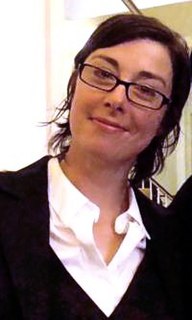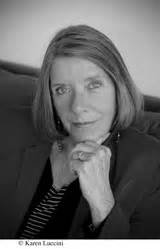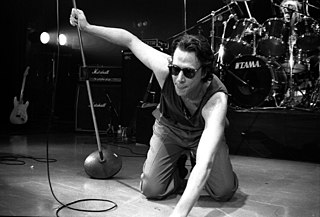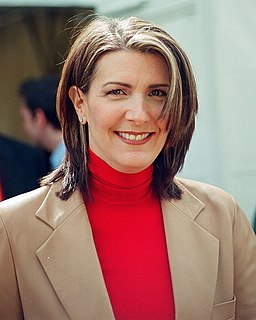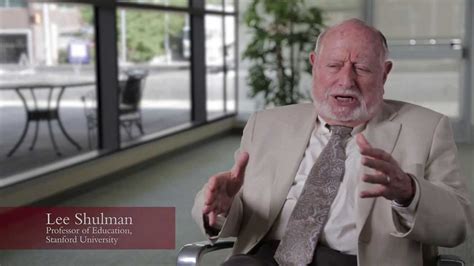A Quote by Sue Perkins
Writing a memoir begins a process that doesn't necessarily end with publication. You begin to think about family life and stories and relationships, and those are ongoing.
Related Quotes
But it's hard for me to pinpoint where all my characters and dialogue come from - imagination or real life. My memoir, of course, was all about my past, and many of the short stories cleave very closely to my life, but the more stories I wrote in the collection, the more that seemed to be invented, but who knows... I think I'm writing about a young woman with acne who shoplifts, but I'm really writing about myself.
Right now-whether you're in writing courses getting "paid" in credit for writing, or burdened and distracted by earning a living and changing diapers-figure out how to make writing an integral part of your life. Publication is good, and gives you the courage to go on, but publication is not as important as the act of writing.
It's a little bit like talking about the life of writing. The life of writing may be about many things, but it always begins with the writer. With the kernel of an idea, or a character, or an idea or a theme, or even an outcome. But for documentary photographers, photographs begin at that intersection of the real world and the imaginative inner world.
Lately I've been thinking about the idea that all novels are, at least in some way, about the process of writing a novel - that the construction of the book and the lineage of people constructing novels are always part of the story the author is telling. I think the equivalent for memoir should be that all memoirs are, in some way, about the process of memory. Memoirs are made out of a confusing, flawed act of creation.
I realized you might make money at writing, and you might even make a living at it. So after that I didn't write stories just for the class but wrote them for the purpose of submitting them somewhere, and at some point in the process, I began writing them just to please myself and that's where you begin to see the real value of a life of writing.
A book coming out into the world can be a harsh, harsh time. And your feelings are on the line. Everything that publication is about is really not what your writing is about. Your writing is coming out of something else, and publication and being in the public are something else. And those of us who have published, in whatever way we're published, are very fortunate.
I think it's dangerous to think you know what you're writing. I usually don't know, and usually I just discover it in the course of writing. I envy those writers who can outline a beginning, a middle, and end. Fitzgerald supposedly did it. John Irving does. Bret Easton Ellis does. But for me, the writing itself is the process of discovery. I can't see all that far ahead.
